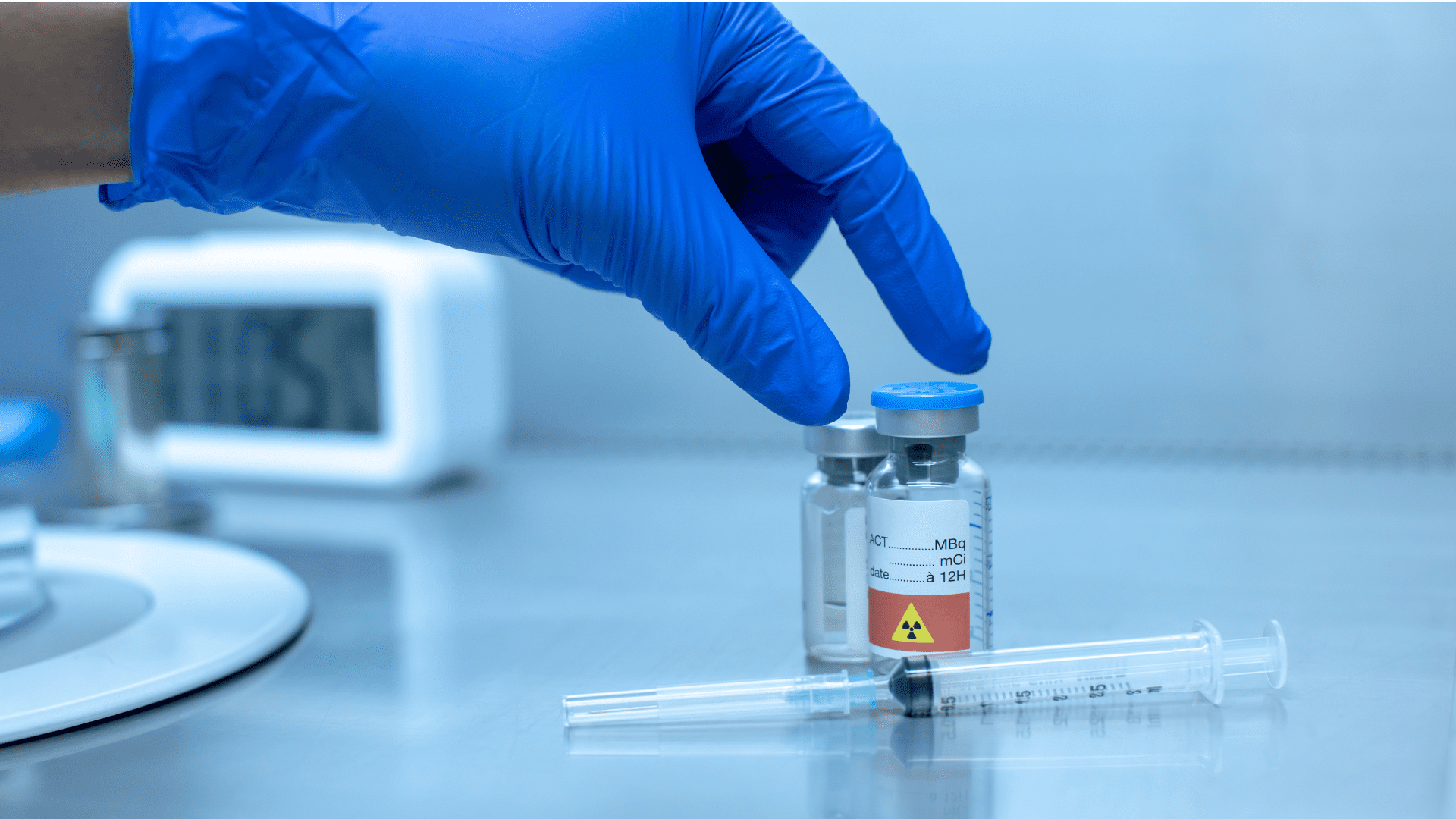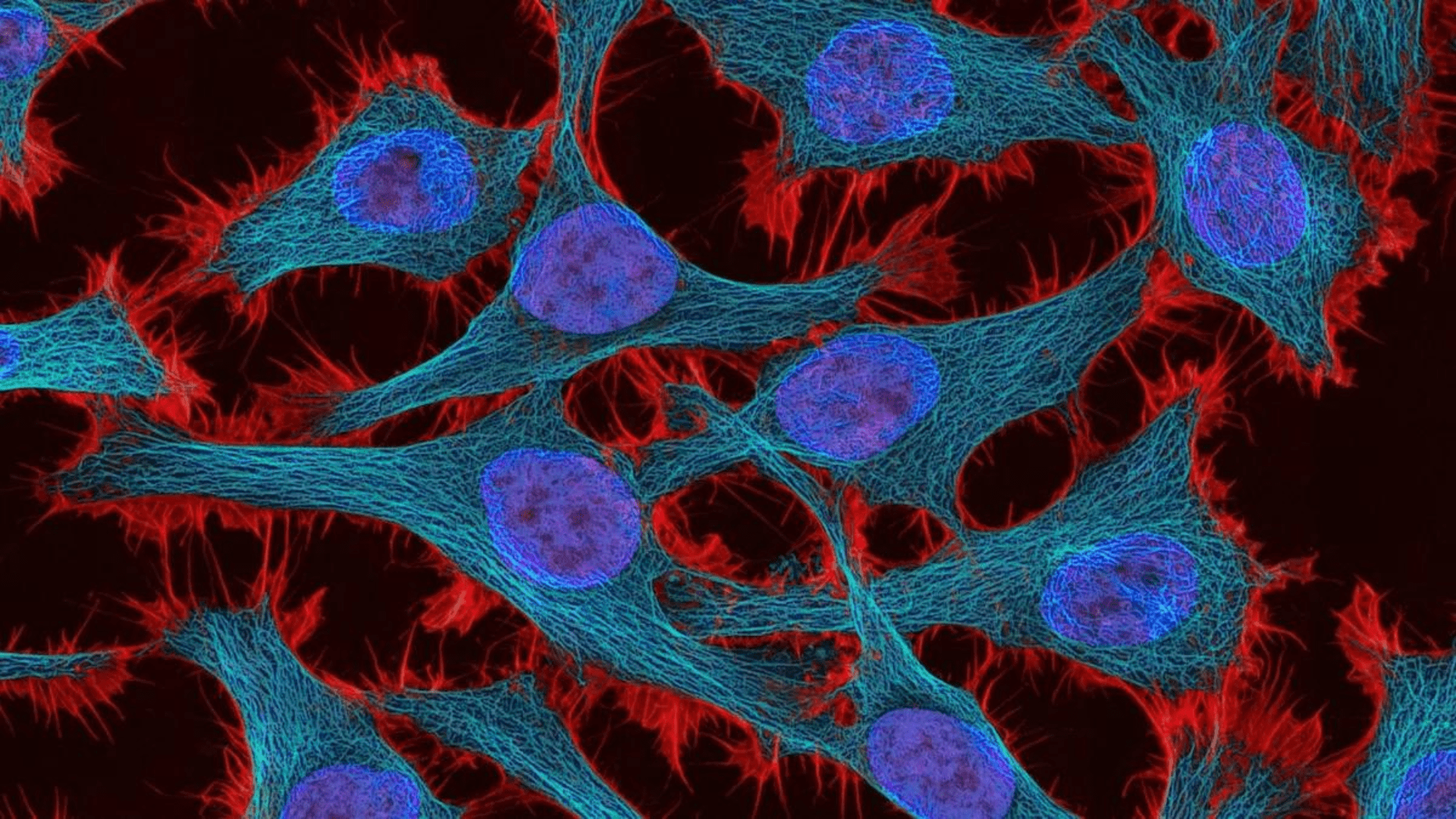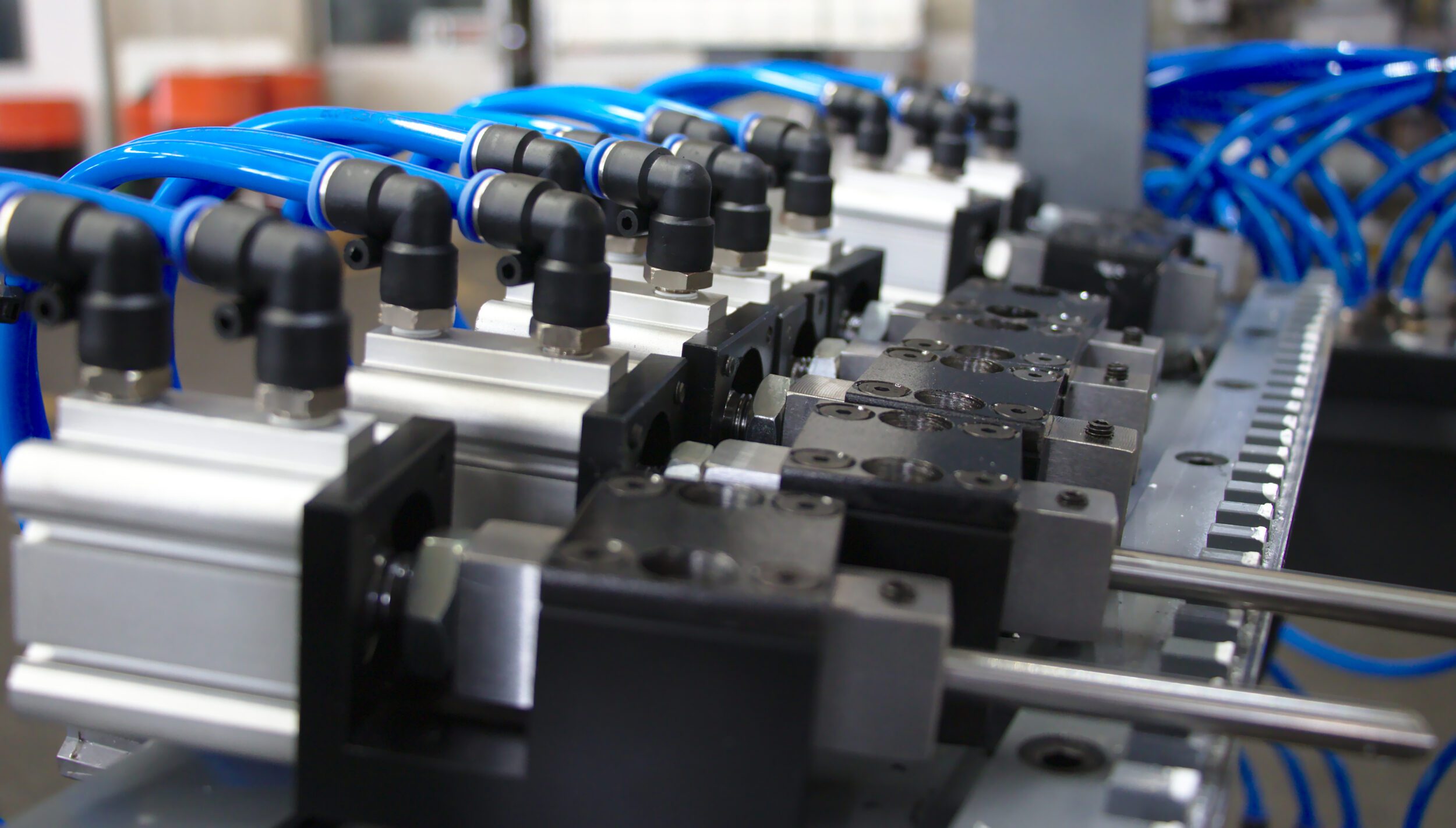Chemotherapy can be a lifesaving treatment for people with cancer. It is successful at shrinking tumors but going through the treatment can be demanding. Can AI help?
AI and Chemo

Side effects include hair loss, fatigue, nausea, among others. Sometimes, cancer becomes resistant to the treatment. But what if there was a way to detect if the cancer cells would react or not? A team of scientists are turning to artificial intelligence for help.
Trying to find out if cancer is going to stop responding to chemotherapy is tricky for doctors. Researchers and doctors can notice trends in cancer resisting the treatment but predicting the exact moment it stops taking to the chemo is incredibly difficult. A team of scientists at the University of California San Diego School of Medicine is working to change that. In a study published by the researchers, they reveal the potential of using AI to predict when cancer will shut out chemotherapy.
Because of complex molecular hardware helps copy a cell’s DNA, even the cancer cells. Chemotherapy is used to help stop the DNA copying process, especially fast-growing tumor cells. Tricky mutations in tumor cells make it tricky to predict if they will resist the drugs or not. This is where AI and the team of scientists step in. A machine learning computer program, developed by the scientists, is cracking down on the mutations. It works to figure out how the cells get together and resist the cancer treatment.
Predicting responses
To test their algorithm, researchers chose cervical cancer tumors because they are known to have a low response rate to the cancer. Unfortunately, about 35% of cervical cancer tumors stick around after chemotherapy. The computer program figures out how well a tumor is responding to treatment and spots which tumors are not.

The computer program also explains its decisions. It points out the protein groups in the cell that cause the resistance to the cancer-fighting drug in cervical cancer. It’s an important step in creating smart systems to make similar predictions. Researchers say it’s crucial that the system is predicting and explaining the trends in cancer cells.
Dr. Trey Ideker is a professor in the Department of Medicine at UC San Diego Medicine. He said, “The reason is that a much larger number of mutations can shape a tumor’s treatment response than previously appreciated. Artificial intelligence bridges that gap in our understanding, enabling us to analyze a complex array of thousands of mutations at once.”







